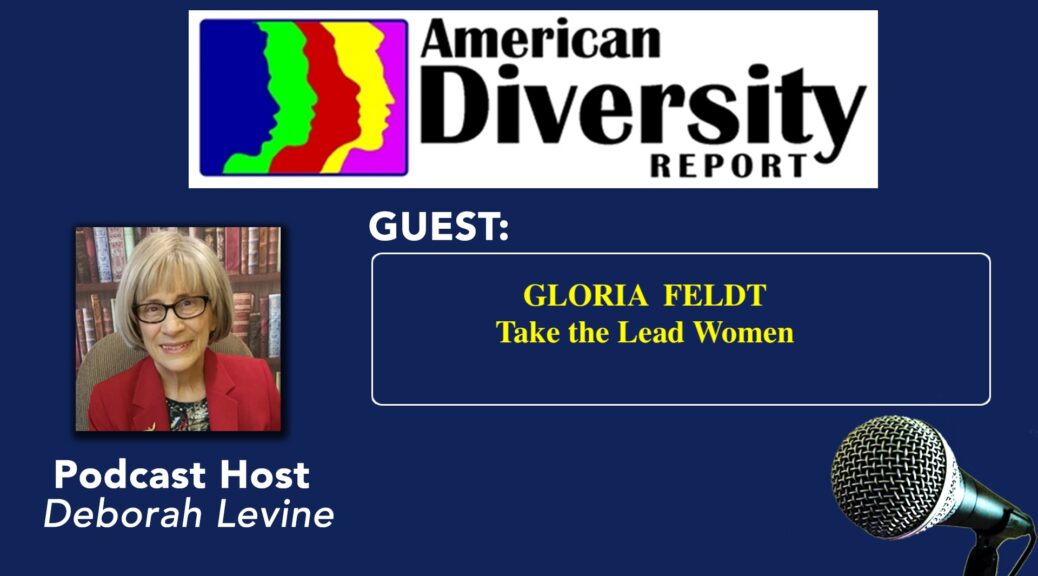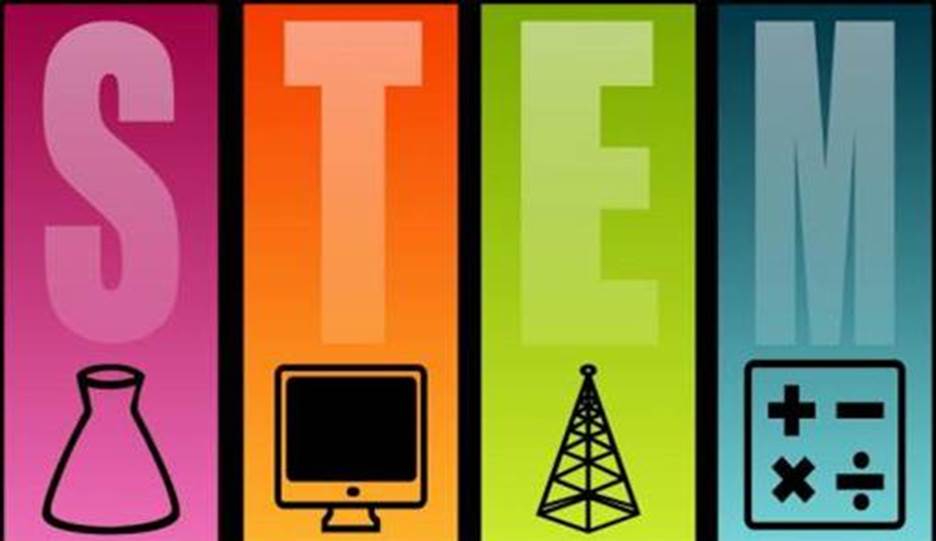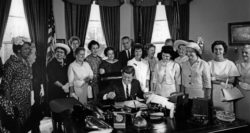 Gloria Feldt is Cofounder and President of Take The Lead, a nonprofit organization providing training, coaching and cohort building, inspiring role models, and thought leadership to individuals and organizations, with the mission of intersectional gender parity in leadership. Gloria is the author of 5 books and former president and CEO of Planned Parenthood Federation of America. She is a Forbes 50 over 50, angling for 80 over 80.
Gloria Feldt is Cofounder and President of Take The Lead, a nonprofit organization providing training, coaching and cohort building, inspiring role models, and thought leadership to individuals and organizations, with the mission of intersectional gender parity in leadership. Gloria is the author of 5 books and former president and CEO of Planned Parenthood Federation of America. She is a Forbes 50 over 50, angling for 80 over 80.
Hear Gloria discuss:
- Why she started Take The Lead?
- What will it take for women to reach parity in leadership positions, power, and pay?
- What is the necessary, fundamental mindset shift about power.
- How are women engaging that shift towards gender parity in leadership?




 The Kavanuagh hearing featuring his accuser, Dr. Blasey Ford, was an emotional roller coaster for both “witnesses”, a term that implies a trial and jury although it was more of a job interview. Yet, this was an opportunity for the accuser of sexual violence to be heard and for the accused to rebut. The GOP senators chose a woman district attorney to question Dr. Ford, making it look like a trial where “innocent until proven guilty” applied. But this was a job interview, not a trial, and it focused on demeanor rather than legal jurisdiction.
The Kavanuagh hearing featuring his accuser, Dr. Blasey Ford, was an emotional roller coaster for both “witnesses”, a term that implies a trial and jury although it was more of a job interview. Yet, this was an opportunity for the accuser of sexual violence to be heard and for the accused to rebut. The GOP senators chose a woman district attorney to question Dr. Ford, making it look like a trial where “innocent until proven guilty” applied. But this was a job interview, not a trial, and it focused on demeanor rather than legal jurisdiction.